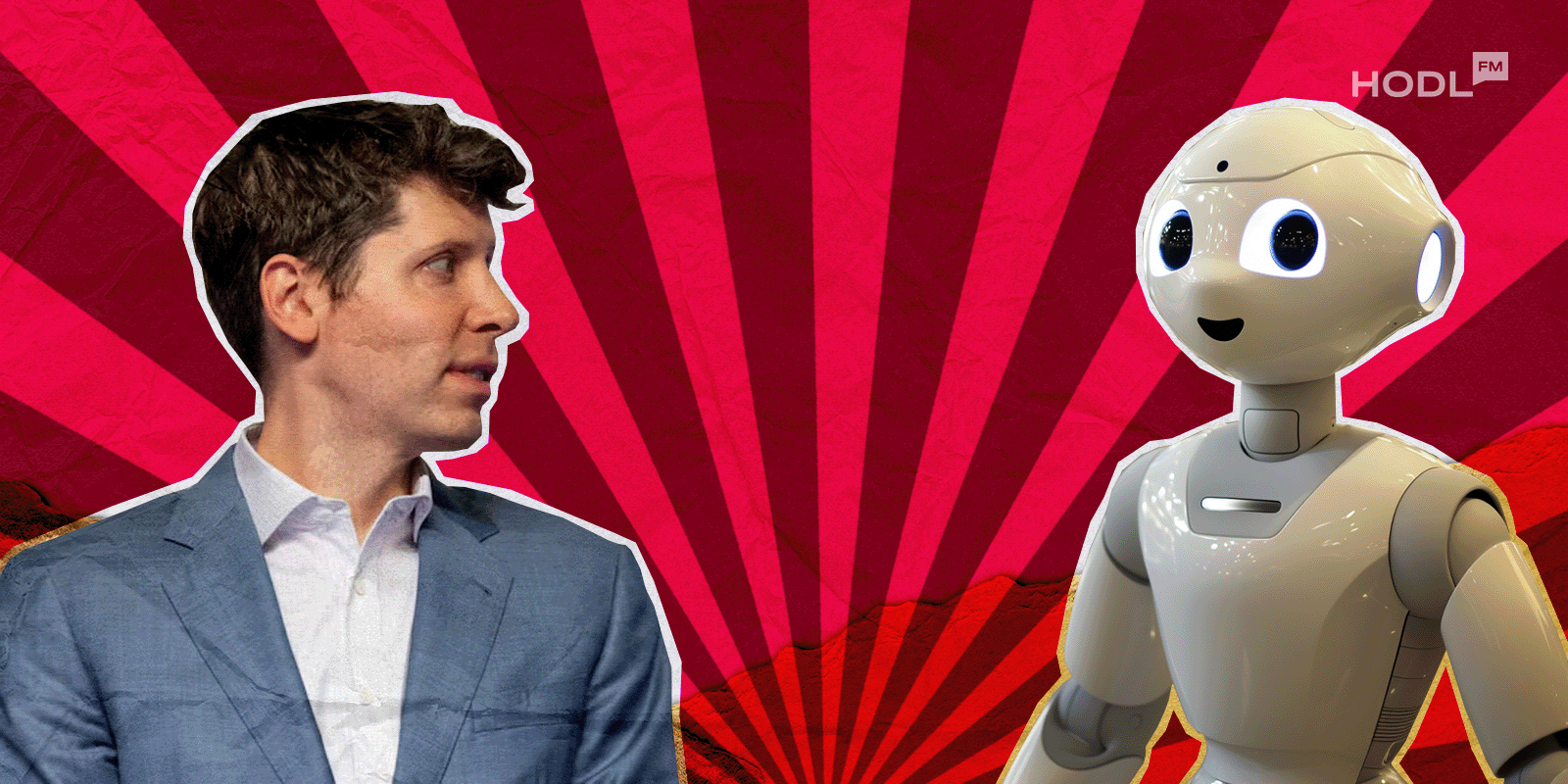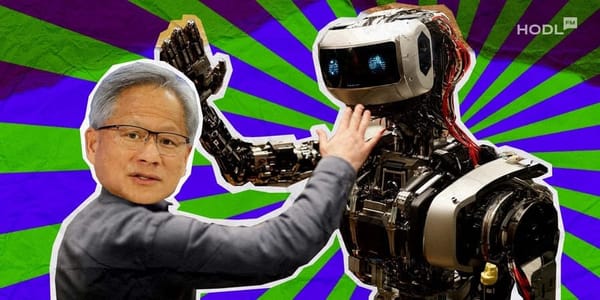In one of Silicon Valley’s latest plot twists worthy of a dark comedy, a seasoned startup CEO has found himself in hot water after his cutting-edge “AI” shopping app was revealed to be nothing more than a well-disguised call center in Southeast Asia. Albert Saniger, 35, the founder and former brain behind nate, raised over $40 million by pitching an app that promised users they could complete purchases with the mere tap of a button - no human input required. According to Saniger, his revolutionary tech would fill in shipping details, select sizes, and finalize transactions all via some mysterious, self-learning algorithm.
Fast forward to reality, though—and the “magic” of automation proved to be more smoke and mirrors than silicon and code. When shoppers found that their one-tap sneaker buys were not being magically executed by a network of intelligent bots, it turned out that a team of actual people in a call center in the Philippines was manually handling these mundane tasks behind the scenes. Instead of a futuristic AI-driven experience, users got good old human customer service rebranded as high-tech automation—a move as surprising as it is laughable.
The irony isn’t lost on the crowd: investors were on a quest for an AI unicorn, and instead, they unknowingly backed what can best be described as a very expensive customer service operation. Acting U.S. Attorney Matthew Podolsky from the Southern District of New York commented on the matter, stating that Saniger “misled investors by exploiting the promise and allure of AI technology to build a false narrative about innovation that never existed.” This clever con not only fattened the CEO’s wallet through misleading pitches, but it also siphoned capital away from genuinely innovative startups.
Launched around 2018, nate was marketed as a one-stop-shop for online transactions—think of it as the universal shopping cart of the digital age. However, when the app’s “self-automated” functions began to falter like a malfunctioning magic trick, the true nature of the operation became apparent. Suddenly, what was once touted as a high-speed AI engine was humorously revealed as a well-oiled human-operated machine, making investors wonder if they’d accidentally invested in a call center rather than a breakthrough tech company.
With charges of securities fraud and wire fraud dangling over his head—each carrying a potential maximum sentence of 20 years—Saniger’s once shiny “innovation” now looks more like an elaborate ruse. The U.S. Securities and Exchange Commission has also joined the party by filing a parallel civil action, adding to the unfolding drama. As the dust settles on what many are now calling the “AI illusion,” one thing is clear: when chasing unicorns in the tech world, make sure the magic is more than just a human hotline rebranded as artificial intelligence.






